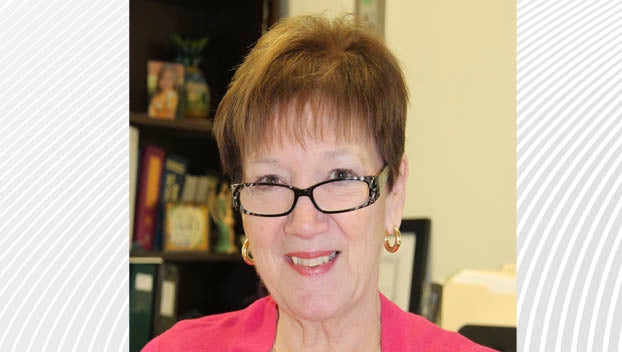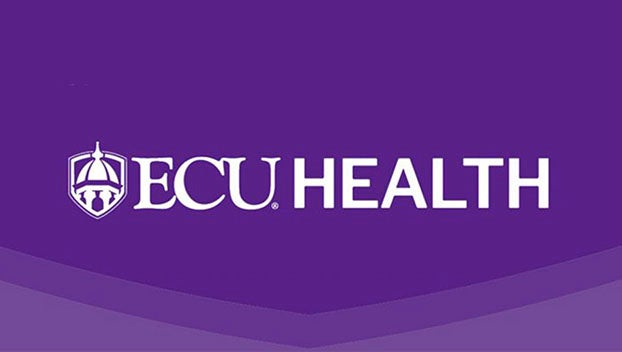Health Beat: A record-setting year for saving lives
Published 1:20 pm Monday, April 19, 2021

- Lynne Fisher
|
Getting your Trinity Audio player ready...
|
April has been designated National Donate Life Month (NDLM) since 2003. April features an entire month of activities to help encourage Americans to register as organ, eye and tissue donors and to honor those that have saved lives through the gift of donation. Despite the COVID pandemic, 2020 was a record-setting year for saving and healing lives because of the generous gifts of life from organ, eye, and tissue donors and their families. Carolina Donor Services and LifeShare Carolinas have announced that more North Carolinians are alive today because of their hard work and dedication through a very challenging year. See the 2020 numbers as they compare to 2019:
- Organ donors: 448 (18% increase)
- Lives saved: 1,193 (13% increase)
- Tissues recovered: 3,369 (12% increase)
- Organs for research: 244 (8% increase)
The state’s eye recovery organizations were significantly impacted by COVID-19 as corneal transplants were considered an elective surgery and were therefore suspended at many facilities. Despite the suspension, LifeShare transplanted more eye tissue in 2020 than last year!
While deceased organ transplants were deemed essential, COVID-19 still affected North Carolina recovery organizations in other ways. Hospitals had to enforce stricter requirements, all potential donors who tested positive for COVID-19 were ruled out medically, and elective surgeries for tissue, corneal, and living organ transplants had to be postponed.
Another major impact came when a large number of North Carolina DMV offices were closed temporarily. I was surprised to discover that the DMV is where 99.5% of registered organ, eye, and tissue donors make that decision. This year that resulted in 516,478 fewer people signing up as donors than in 2019.
“We worked hard to save and heal lives. We adjusted our approach to grieving families and our internal processes to address hospital requirements and COVID-19 testing, said Danielle Niedfeldt, resident and CEO of Carolina Donor Services. “Throughout all of it, families were strongly committed to their loved one’s decisions to be donors. And, when a decision was not known, many families said “yes” to donation because they wanted to help others at such a difficult time.”
Michael Daniels, Executive Director/CEO of LifeShare Carolinas , said,“This year presented a number of challenges, but we worked together and maintained a strong focus on saving lives. This could not have happened without teamwork from our staff, boards, donor hospitals, transplant centers, the DMV, and Donate Life North Carolina. Of course, none of this would be possible without our donors and their families.”
“We are grateful to all of our dedicated partners who help make donation and transplantation possible, but we know there is still more work to be done,” Daniels continued. “The number of North Carolinians who have registered as donors is 55%, below the national average of 59%. This is something we are always working to improve, but has been extremely difficult during COVID, when we can’t be out in our communities educating the public.”
Top five frequently asked questions about organ donation:
Does registering as a donor change my patient care?
No. Doctors work hard to save every patient’s life, but sometimes there is a complete and irreversible loss of brain function. The patient is declared clinically and legally dead. Only then is donation an option.
Will I be able to have an open casket funeral if I donate?
An open casket funeral is possible for organ, eye and tissue donors.
Does my religion support organ, eye and tissue donation?
All major religions support donation as a final act of compassion and generosity.
Does my social or financial status play any part in whether or not I will receive an organ?
A national system matches available organs from the donor with people on the waiting list based on many factors, including: blood type, body size, how sick they are, distance from donor hospital and time on the list. Race, income, gender, celebrity and social status are never considered.
Why register to be a donor?
You can save up to eight lives and heal the lives of more than 75 people. Your registration also relieves your family of the burden of making the decision at a time of sadness and grief.
Just a few facts regarding organ donation:
- More than 100,000 people are waiting for lifesaving organ transplants
- More than 1,900 children under the age of 18 are on the national transplant waiting list
- More than 1,700 children were saved by the generosity of donors and donor families in 2020
- More than 66,000 corneas were provided for sight restoring transplants in 2020
- More than 2.5 million tissue transplants heal lives each year
- More than 165 million people are registered organ, eye and tissue donors – thank you to all donors, donor families, registered donors and champions of the Donate Life cause!
Carolina Donor Services is the Organ Procurement Organization (OPO) for eastern and central North Carolina. Miracles in Sight is the organization that facilitates eye referrals.
Lynne Fisher RN, MSN is a Quality Nurse Specialist with Vidant Beaufort Hospital and can be reached by calling 252-975-4100.




